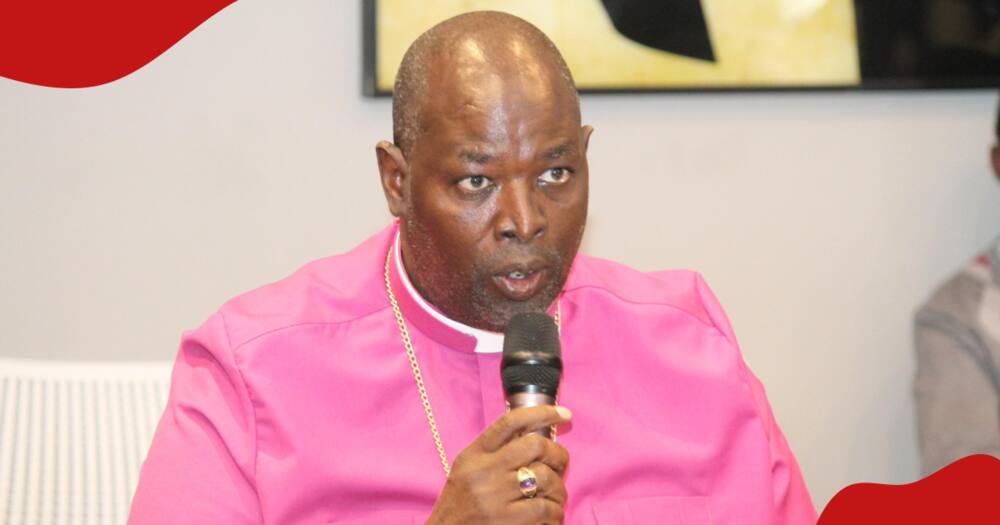ACK Archbishop Jackson Ole Sapit criticised the Finance Bill 2024, particularly its proposal to tax altar wine and unleavened bread used in Holy CommunionSapit urged the Finance and National Planning Committee to exempt these religious items from taxation, highlighting that they are not consumed for satisfactionThe Archbishop argued that the Finance Bill 2024, as currently structured, would exacerbate the economic crisis, disproportionately affecting low-income familiesSapit warned that higher excise duties might drive people towards cheaper, informal money transfer methods, reducing the use of formal services
Didacus Malowa, a journalist at TUKO.co.ke, brings over three years of experience covering politics and current affairs in Kenya.
Nairobi – Anglican Church of Kenya (ACK) Archbishop Jackson Ole Sapit has expressed his reservations about tax proposals in the Finance Bill 2024.

Read also
Swiss renewable energy battle moves to the ballots
 Anglican Church of Kenya (ACK) Archbishop Jackson Ole Sapit said Holy Communion is not taken to remedy hunger. Photo: NAssembly KE C’tees.
Anglican Church of Kenya (ACK) Archbishop Jackson Ole Sapit said Holy Communion is not taken to remedy hunger. Photo: NAssembly KE C’tees.
Source: Twitter
Appearing before the Departmental Committee on Finance and National Planning on Wednesday, June 5, Sapit decried the impact of taxing altar wine and unleavened bread used in Holy Communion.
The cleric pointed out that practice was a sacrament of the church, and those who partake in it are not out to fill their stomachs.
Sapit suggested that distinctions should be made so that unleavened bread and altar wine are not taxed as other drinks and bread.
“There should be a kind of a caveat such that things like unleavened bread, which is purely for Holy Communion, are not something you can eat and get satisfied with or altar wine. I think you must now help us and see how you can segregate and remove altar wine from other wines on the shelves and remove unleavened bread from other breads on the shelves so that we can have an opportunity to give people Holy Communion because you are going to tell us to stop Holy Communion which is a sacrament which we cannot avoid doing it,” Sapit told the committee.
Read also
Mithika Linturi Asks Kenyans to Pay Taxes to Avoid Relying on Foreign States: “Spare Me that Shame”
Subscribe to watch new videos
Why is Sapit against Finance Bill 2024
The ACK leader observed that, as currently constituted, the Finance Bill 2024 would plunge the country into an economic crisis.
Sapit warned that people would opt for other forms of money transfer, shying away from the costly formal services.
He added that low-income families would be at a disadvantage and struggle to meet their basic needs.
“The proposed excise duty will lead to higher prices of essential household items such as cooking oil, soap and bread. This will disproportionately affect the low-income families increasing the cost of living and reducing their disposable income. The increased expense could reduce profitability and competitiveness as many rely on these services for business operations. Additionally, this increase may lead to a decline in the use of formal money transfer services as individuals might seek cheaper informal alternatives potentially reducing overall government revenue,” he warned.
Source: TUKO.co.ke
